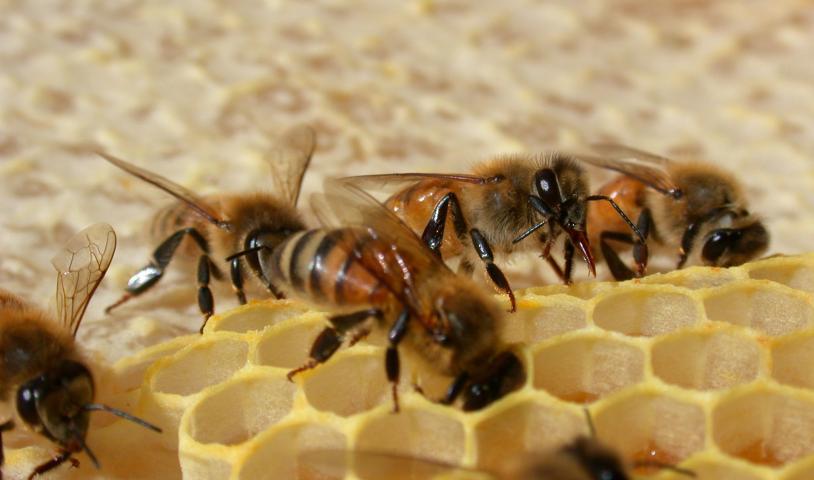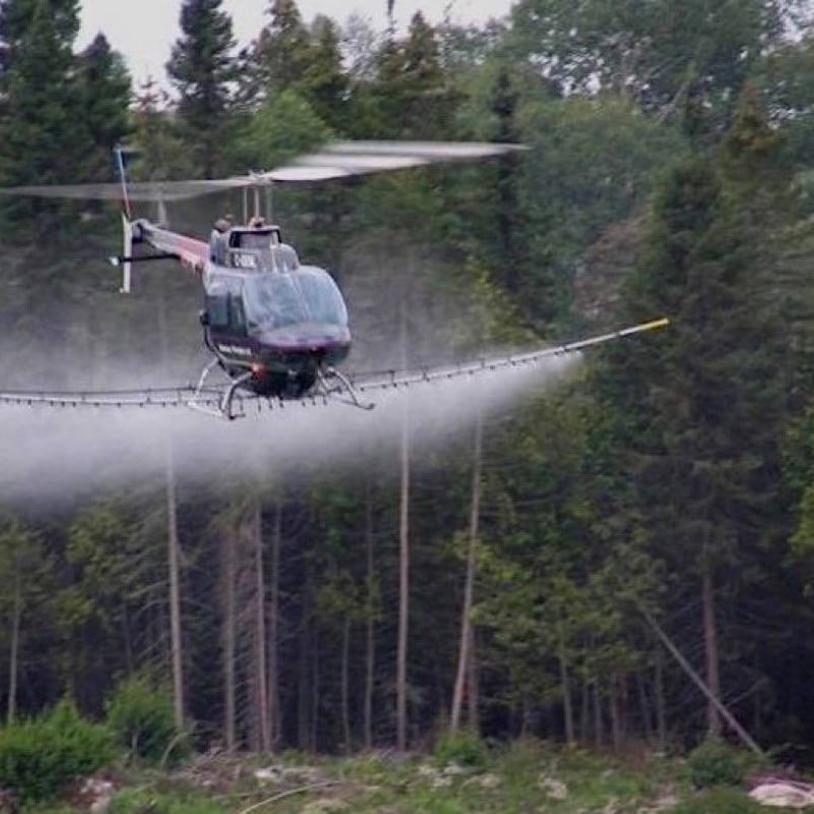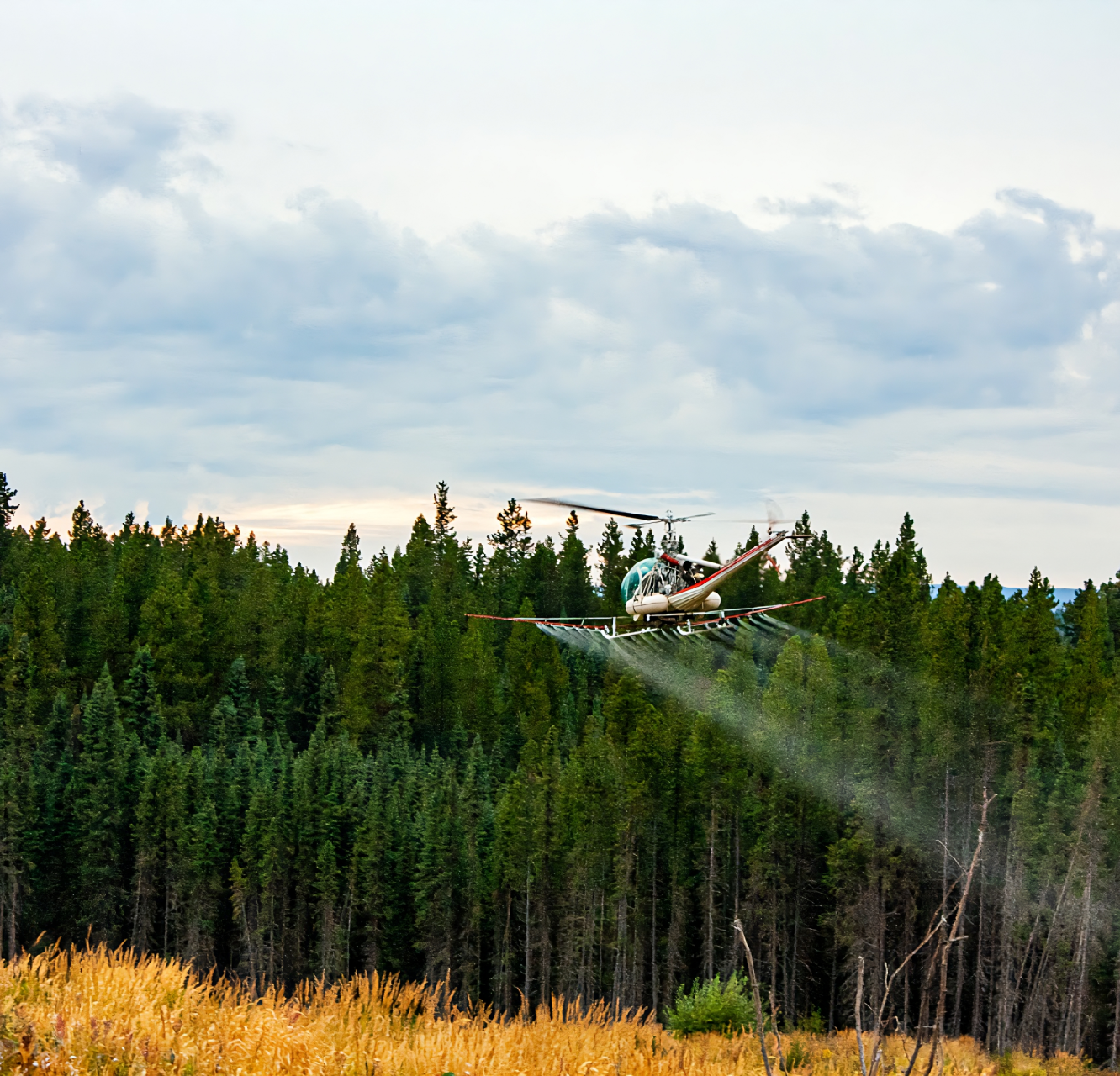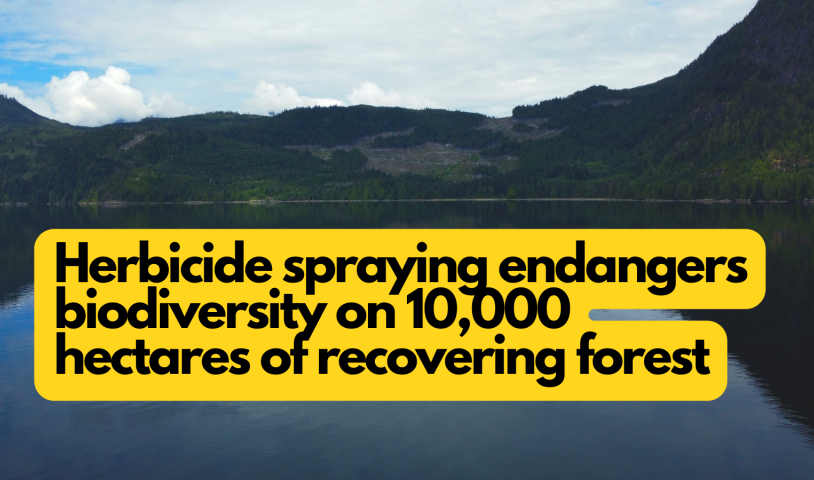Wilderness Committee calls on municipal candidates to stand up for bees
Tuesday, November 4, 2014
News Release - November 4, 2014
WC urges candidates to pledge to ban ornamental plants treated with dangerous “neonic” pesticides
VANCOUVER – In the lead up to BC municipal elections, the Wilderness Committee is calling on all municipal candidates to stand up for bees and wild pollinators by pledging not to purchase ornamental plants treated with neonicotinoid pesticides (neonics) for public properties should they be elected.
Last week the Vancouver Parks Board announced that they will no longer buy plants treated with neonics, a class of systemic pesticides that is extremely toxic to bees and other wild pollinators.
“Standing up for our bees and wild pollinators should be a commitment that every municipal candidate is pleased to make,” said Gwen Barlee, Policy Director with the Wilderness Committee. “Neonic pesticides have been directly implicated in the deaths of tens of millions of bees, and banning ornamental plants that are treated with this poison is a step in the right direction.”
In many areas of Canada and British Columbia bee and wild pollinator populations have suffered alarming declines. Since 2007 the overwintering loss of bees in BC has ranged from 15 – 38 per cent. This is well above historic average overwintering losses of between 10 – 12 per cent. By weight neonicotinoids are 5,000 – 10,000 times more toxic to insects than DDT.
“Pollinators are responsible for one out of every three bites we eat,” said Barlee. “Protecting our bees isn’t just good for the environment, it’s essential to food security. This is why we are encouraging municipal candidates to stand up for our bees.”
Neonicotinoids were introduced to the market in 1991. Today this class of pesticides is one of the most widely used insecticides in the world. At lower doses, neonics disrupt the central nervous system of insects and at higher doses they can cause paralysis and death. Sub-lethal impacts to bees include impaired memory and learning, reduced efficiency in foraging, reduced resistance to disease and loss of homing ability.
The European Union severely restricted the use of neonicotinoids in December 2013, after a scientific review found serious and unintended impacts to bees and wild pollinators. In Canada, despite the deaths of tens of millions of bees directly linked to neonicotinoid poisoning, these insecticides continue to be used on a wide variety of agricultural crops including corn, soy, canola, blueberries and fruit trees, as well as ornamental plants.
“I would encourage anyone attending all candidates meetings to demand that candidates pledge to end the use of this bee-killing pesticide,” said Barlee.
–30–
For more information, contact:
Gwen Barlee, Policy Director, Wilderness Committee
604-202-0322 (cell), 604-683-8220 (office)
Photo: Honey bee hive (City Farmer)





